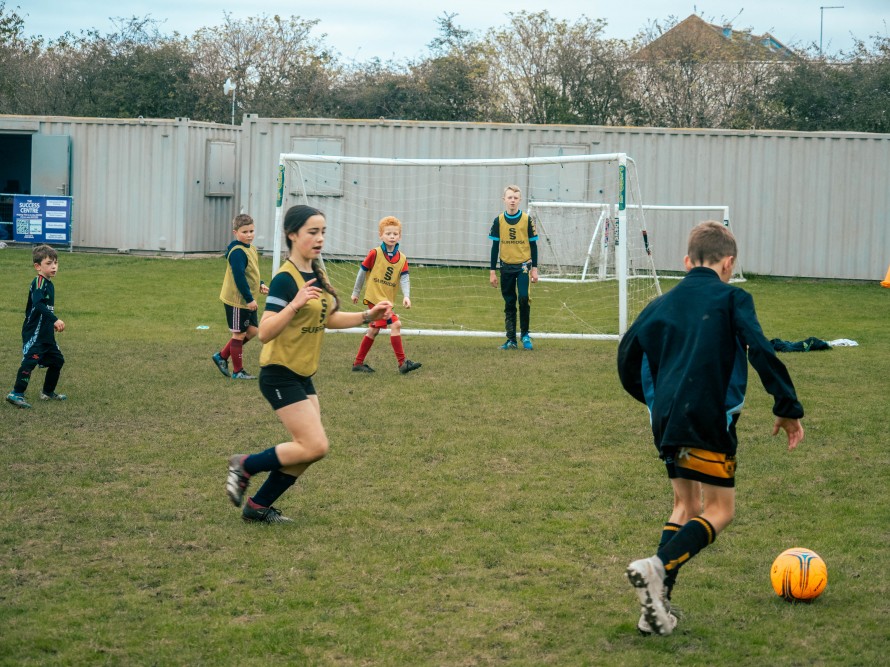


Unfortunately, bullying still gets in the way for many children, young people and adults. Anti-Bullying Week is a chance to recognise the harm bullying can cause in sport, to talk honestly about how we can challenge it, and to commit to creating environments where people feel safe to speak up.
Bullying in sport isn’t always loud or obvious. Yes, it can look like shouting or pushing, but it can also be quieter. It might be a teammate deliberately leaving someone out of activities, or people mocking how someone looks, talks, or plays. It can be hurtful comments in a group chat.
Sometimes it comes from an adult, someone who humiliates a player in front of others, or uses their power in a way that leaves someone feeling trapped. And it often targets people for being “different” whether that’s their ability, background, body shape, identity, or anything else that sets them apart.
These experiences can eat away at confidence. A person who once loved turning up to training might suddenly dread it. The pitch, pool, or sports hall, a place that should feel exciting and full of energy, can become a source of stress and fear. When bullying isn’t addressed, people start to withdraw, lose motivation, and in many cases, walk away from sport completely.
This is where physical literacy becomes so important. Physical literacy isn’t just about skills or fitness, it’s about feeling confident, capable and motivated to be active throughout life. It’s the belief that “I can do this, and I enjoy it.” But those feelings are fragile. When someone is laughed at, judged or excluded, it becomes much harder to try new things or push through challenges. Bullying can completely undermine that motivation to stay active. So, by tackling bullying, we are also protecting people’s connection to movement and helping them build a lifelong relationship with sport and physical activity.
Creating safe environments starts with a culture of care. We all have a role to play. Clubs and coaches can set clear expectations of kindness and respect from the outset. They can make sure everyone knows who they can talk to if something feels wrong and that concerns will always be taken seriously. It means spotting things early, before they escalate, and making sure nobody is left isolated on the sidelines. It’s also about recognising that success is not just about winning or being the best, it’s about supporting each other, celebrating effort and making sure everyone feels valued.
Sport should be something people run towards, not away from. So, this Anti-Bullying Week, let’s send a message that goes beyond posters and slogans. Let’s show, through our actions, that every person has the right to feel safe, respected and heard.